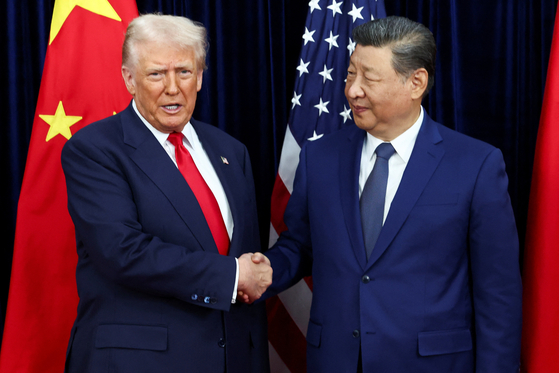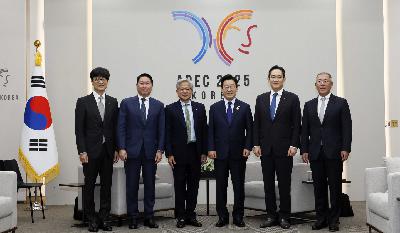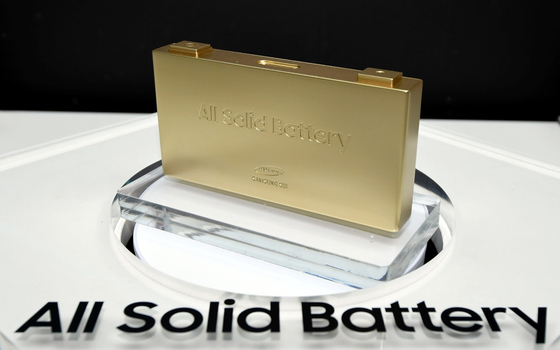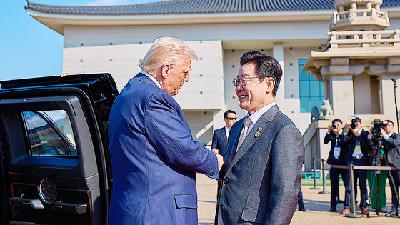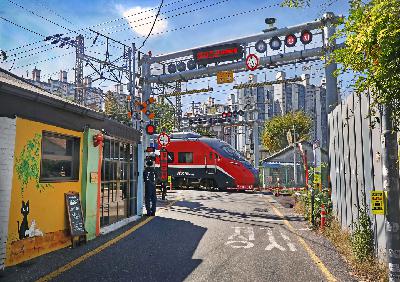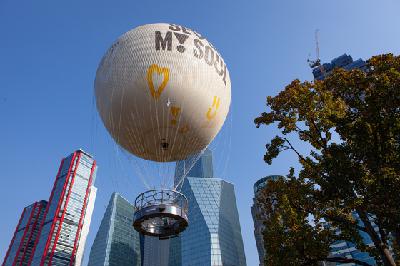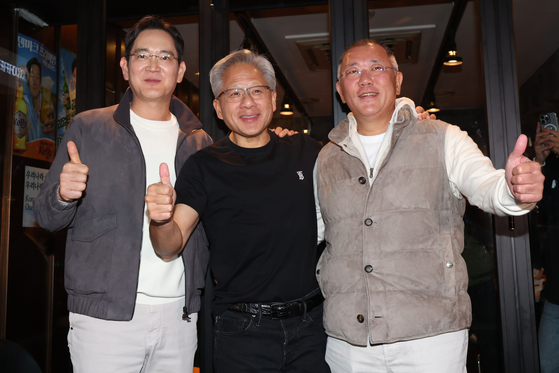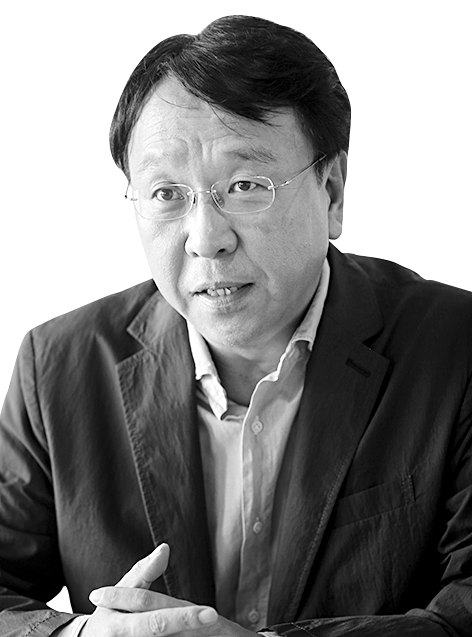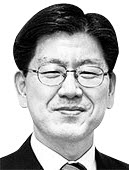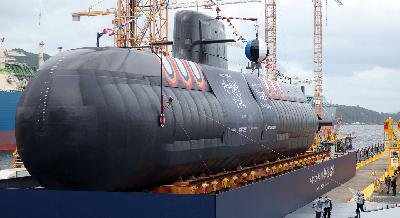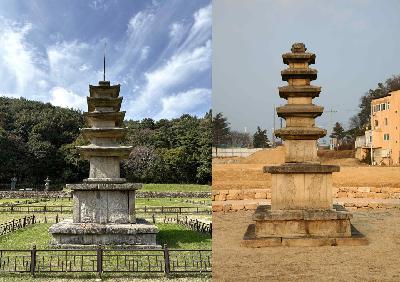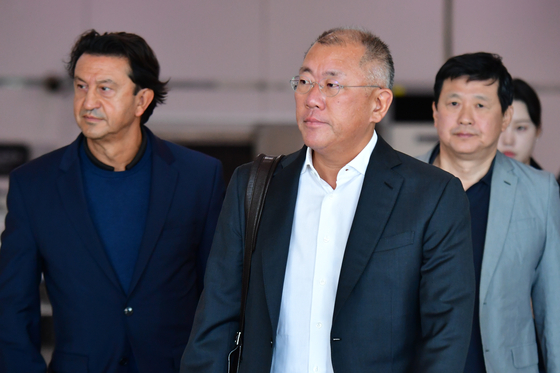Korean politics fails to read the future from history
Update: 2025-10-28
Description
Yeom Jae-ho
The author is the president of Taejae University.
In 1405, Chinese Adm. Zheng He set sail across the Indian Ocean under the order of Emperor Yongle of the Ming Dynasty - nearly 90 years before Columbus embarked on his voyage to the New World in 1492. On his first expedition, Zheng reached India and Vietnam, and over the next 30 years he led seven grand voyages that extended as far as modern-day Kenya and Mozambique on Africa's eastern coast.
Zheng's fleet dwarfed that of Columbus. His armada consisted of 27,000 sailors on 62 ships, including massive vessels measuring over 130 meters long (426.5 feet) and weighing 8,000 tons. Columbus, by contrast, sailed with 88 crew members and three small ships weighing 250 tons.
At the time, China was the birthplace of three world-changing inventions: paper, gunpowder and the compass. Paper, invented around the first century, spread knowledge. Gunpowder, created in the 9th century through alchemical experimentation, transformed warfare. The magnetic compass, introduced in the 11th century, advanced navigation. These innovations made China an unrivaled power; during the Ming and Qing dynasties, its economy accounted for nearly 30 percent of global GDP, and its population made up one-third of the world.
Nevertheless, the empire declined because shortsighted domestic politics triumphed over vision. China's rulers suppressed maritime trade and technological innovation, prioritizing internal control over global exploration.
Before his passing, the late scholar Lee O-young told me in conversation that history's great shifts hinge on whether a civilization embraces the sea or clings to the continent. After Emperor Yongle, China deemed maritime expeditions wasteful and turned inward, burning Zheng He's navigation records and banning further voyages. The emperor moved the capital from Nanjing to Beijing and launched the Grand Canal project, which connected the two cities - actions that symbolized the empire's turn toward continental consolidation. As Professor Cho Young-hun's book "The Age of the Grand Canal: 1415-1784" (2021) explains, China's hesitation to venture outward sealed its fate.
When China abandoned the ocean and pursued isolationist domestic politics, it lost its technological edge. Obsessed with court politics, its leaders failed to see the coming transformations of the Industrial Revolution. By the 19th century, the Qing Empire was humiliated by Britain in the Opium Wars (1839-1842) and by Japan in the First Sino-Japanese War (1894-1895), sinking what was once the world's greatest civilization.
Today, Beijing is once again turning toward the sea. Through the Belt and Road Initiative, China is transforming itself from a continental to a maritime power. It is building military outposts in the South China Sea, constructing aircraft carriers like the Shandong and expanding port infrastructure across the Indian Ocean, Africa and the Middle East. President Xi Jinping has placed maritime wind power, shipping and deep-sea resource development at the core of his national strategy. As China's DeepSeek artificial intelligence (AI) shows, the country's advances in AI and robotics are accelerating rapidly.
Russia, another continental power, is also seeking access to the sea. Every September, President Vladimir Putin hosts the Eastern Economic Forum on Russky Island in Vladivostok to promote the development of Pacific and Arctic trade routes. As melting Arctic ice opens new sea lanes, the route from Rotterdam to Asia could shrink from 22,000 kilometers (13,670 miles) to about 12,000. By allowing Russia to bypass Somali piracy and save time and energy, the Arctic route could become its key 21st-century resource alongside Siberian energy. Putin is already building new port cities across Siberia to prepare for that future.
While these authoritarian continental powers reinvent themselves as maritime states, Korea remains mired in its old political battles. The 21st century is witnessi...
Comments
In Channel







